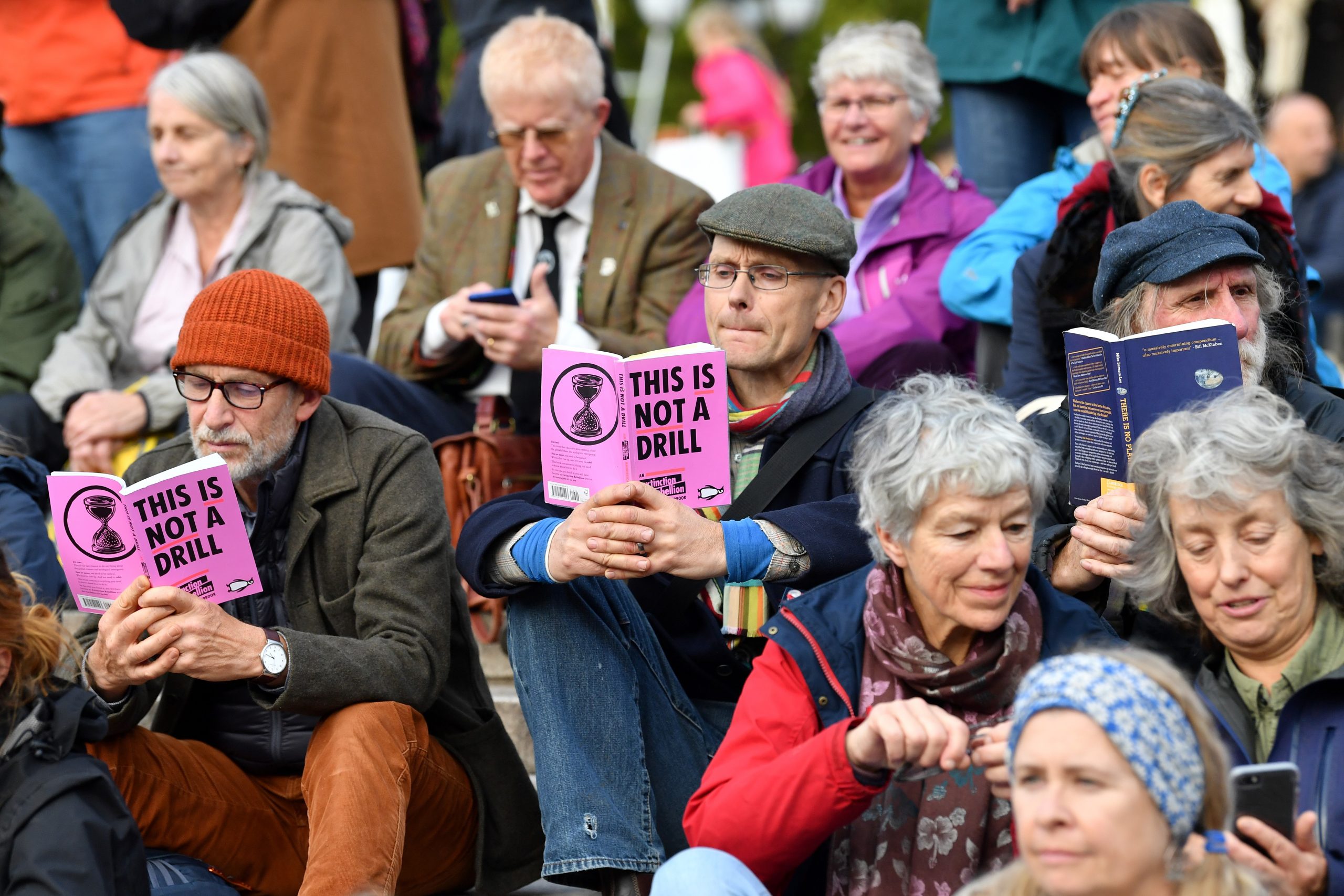
Before MPs trudged out to the campaign trail in the December election, they made a decision that was nothing to do with Brexit. Though hardly covered in the media, it could have profound implications for the UK’s future.
Six major parliamentary committees agreed to holding a citizens’ assembly on climate change. They were quick in sending out invitations before parliament was dissolved, to ensure a new government doesn’t shelve the proposal.



